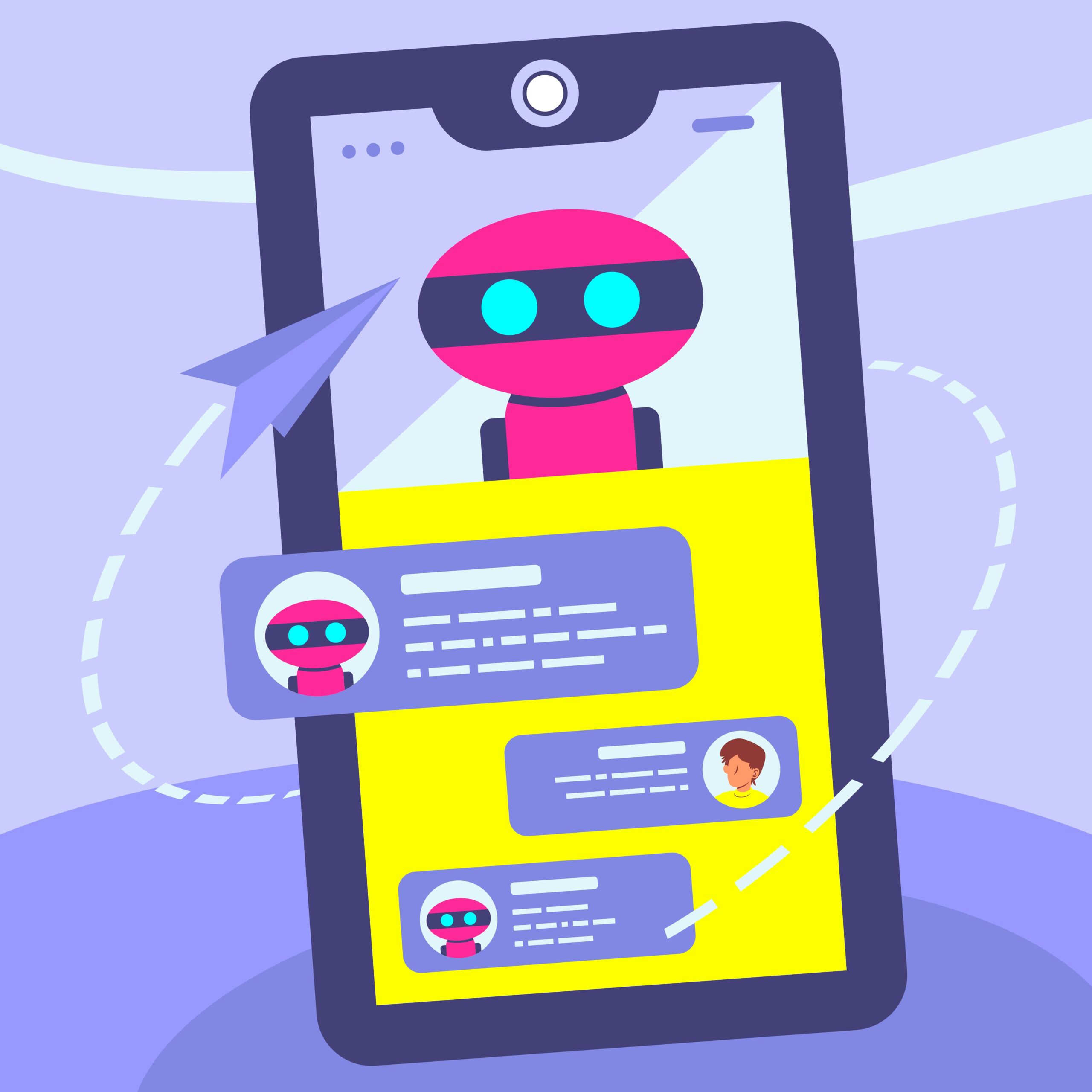The rapid growth of AI is transforming work and life, requiring us to adapt to this evolving landscape. Here are the key mindsets to embrace for success in the AI era:
- Adaptability: Stay informed, learn continuously, and expand your skill set to complement AI’s strengths while adding human value.
- Data Literacy: Understand and interpret data effectively to make informed decisions and leverage AI-driven insights.
- Ethical Thinking: Prioritize fairness, accountability, and social responsibility to address AI’s ethical challenges like bias and privacy concerns.
- Human Qualities: Enhance creativity, empathy, and emotional intelligence to excel in areas AI cannot replicate, fostering meaningful relationships and leadership.
- Risk-Taking: Embrace challenges, innovation, and uncertainty to seize opportunities in an AI-driven world.
By viewing AI as a partner rather than a threat, we can evolve our skills and thrive in the future.

Comment